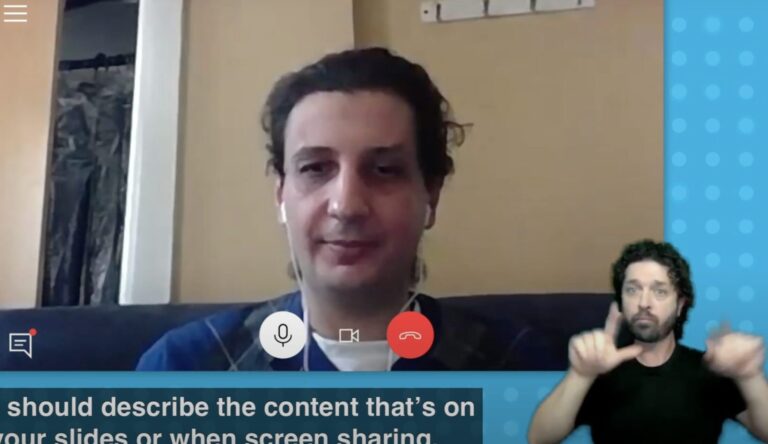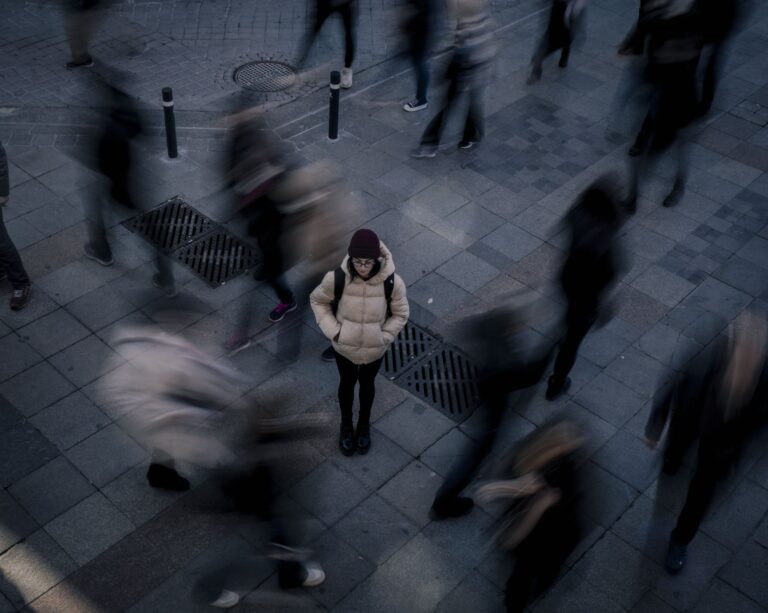Can Workplaces, Classrooms, and Pedagogies Be Disabling?
In a special disability-focused issue of the journal, multiple theories and perspectives on accessibility in teaching and learning, and in the workplace, are explored. Oswal’s introduction offers a concise summary of the articles, grounding them in the historical, political and contemporary thinking on disability.




